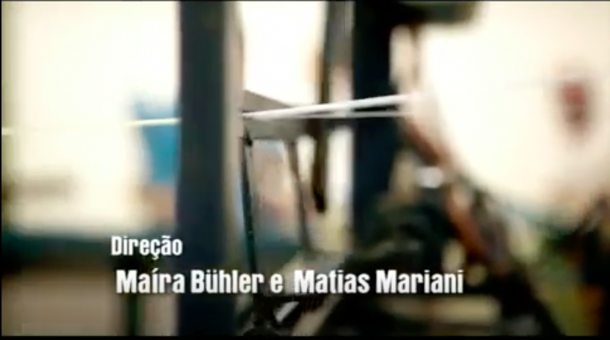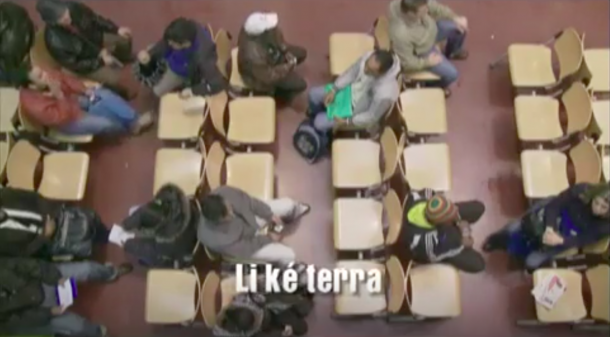
CPLP
The Community of Portuguese Language Countries (CPLP) is the privileged multilateral forum for deepening mutual friendship and cooperation between its members. Created on 17 July 1996, the CPLP has legal status and financial autonomy. The general objectives of the Organisation are:
- Political-diplomatic concertation between its member states, namely for the strengthening of their presence on the international scene;
- Cooperation in all fields, including education, health, science and technology, defence, agriculture, public administration, communications, justice, public security, culture, sports and the media;
- The materialisation of projects to promote and disseminate the Portuguese language.
by Rui Sérgio, co-produced by Geração 80 Produções Lda, and the CPLP.
Love and life stories of two women from totally different cultures: Paulina, an Angolan from Bentiaba who falls in love with Johnny, a Chinese citizen who has come to Angola to build a road that is left unfinished and who leaves Paulina with only two small children. And Sofia arrives in Angola with Inácio, her Angolan husband, leaving their son in their distant country. Both share the courage and the boldness to change their destiny and break cultural barriers for the sake of happiness.
by Maíra Buhler, co-produced by Matias Mariani, and by the CPLP.
A documentary by Maíra Buhler and Matias Mariani, about the experience of foreign prisoners in Brazil, "being different" and "being the same".
People of very diverse cultural origins (Chinese, Peruvians, North Americans, Senegalese, Australians, French, among others) who live the same social scenario. The proposed narrative weaves the experience of some foreigners, one from each continent, men and women who, for different and particular reasons, are imprisoned in the same country, Brazil.

by Domingos Sanca, co-produced by Telecine Bissau Produções Lda, and by the CPLP.
"Paradise Threatened" portrays the various reactions of the local communities to the recent discovery of the existence of oil in the Bijagós Archipelago - between the preservation of traditions and the sustainability of the exploitation of natural resources, we will see through this work how the local populations deal with the possible exploitation of oil and the serious consequences that this activity would have for their habitat and their traditions.
by João Luís Sol de Carvalho, based on the short story of the same name by Mia Couto, co-produced by Promarte and CPLP.
Azarias is an orphan and the guardian of a herd of oxen of which the ox Mabata Bata stands out, a fundamental part of the dowry that his uncle Raúl will have to pay for his marriage. Azarias' dream is to be able to go to school every day like his friends. But his uncle insists that the child's priority must be to guard the herd to ensure that the wedding takes place. A story of touching simplicity, based on a short story by Mia Couto.
by Filipa Reis, co-produced by Filipa Reis, Pedro&Branco, and the CPLP.
Li Ké Terra ("Our Land") tells the story of Miguel and Rúben, descendants of Cape Verdean immigrants living in Portugal without documentation. Two young men divided between their will to be fully Portuguese and the barriers they encounter in their daily lives. With a stoical pride, they dream about the future letting their aspirations for a better life shine through.

Disclaimer
The ideas and opinions expressed on this page are those of the Member State; they do not necessarily represent the views of UNESCO and the Organization hereby declines all liability. The designation employed and the presentation of material throughout the National Pavilion or this webpage do not imply the expression of any opinion whatsoever on the part of the Organization, concerning the legal status of any country, territory, city or area of its authorities, or concerning its frontiers or boundaries.


